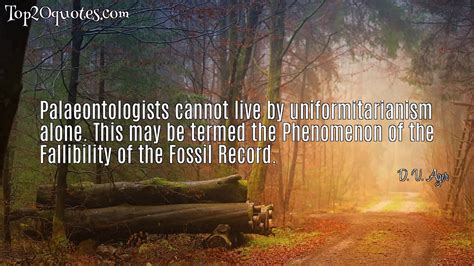A Quote by Seth Shostak
Planets that don't currently sport plate tectonics, such as Venus and Mars, are scarcely habitable. Tectonics might be a requirement of any world that aspires to a rich diversity of life.
Related Quotes
Though the theories of plate tectonics now provide us with a modus operandi, they still seem to me to be a periodic phenomenon. Nothing is world-wide, but everything is episodic. In other words, the history of anyone part of the earth, like the life of a soldier, consists of long periods of boredom and short periods of terror.































